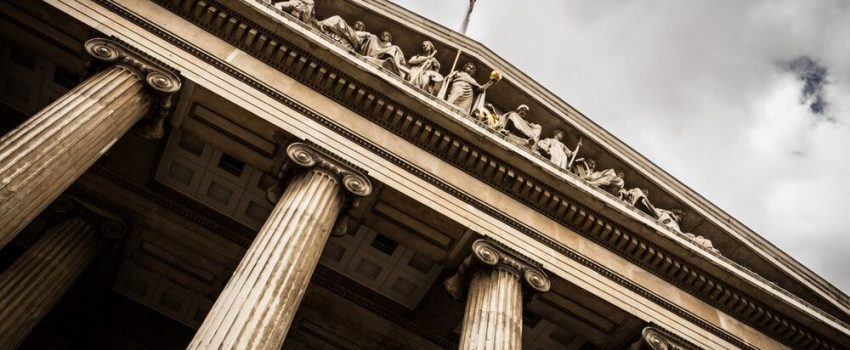Over the years, the sale of bankruptcy claims in bankruptcy cases has become a common practice. Creditors like the fact that they can sell their claims in bankruptcy, providing immediate cash, while dumping a debt file that may be hard for them to recover down the road.
Claim buyers typically purchase claims at a discount from a debtor in the hopes that they can make a tidy profit at some point. They may also buy claims based on some insight into either the case or the debtor, that provides them confidence in enforcement of the claim.
Take the case of In re Fagerdala USA-Lompoc, Inc. for example. The Court of Appeals for the Ninth Circuit held that a secured creditor might purchase some of the debtor’s unsecured claims to oppose the debtor’s plan, as long as the secured debtor is deemed to be acting in their best interest.
The sale of a bankruptcy claim works the same as most any other sale transaction, with proper attention paid to the details to the transfer of the claim and to the specific terms of the transaction. Failure to properly scrutinize the small details could lead to a costly loss of capital or a lengthy legal dispute.
In another case, In re Woodbridge Group of Companies, LLC, the note purchase was blocked when the court upheld the enforceability of anti-assignment language in an original promissory note and sustained the debtor’s objection to a proof of claim filed by the purchaser.
Similarly, In re Caesars Entertainment Operating Co., Inc., the court denied claims held by an assignee of the original creditor when the debtor objected. The decision ultimately turned on the presentation of arguments pertaining to the issue of forfeiture and waiver, but the court noted that the particular tort-based claims were not assignable under state law.
In yet another relevant case, In re Westinghouse Electric Co. LLC, the court considered if the alleged claims buyer had entered into enforceable contracts to purchase previously filed claims. The purchase contracts were made up of several email exchanges, with several disputes over pricing and terms.
The purported seller maintained that the claims were sold. However, the court found that there was never a binding offer or valid contract to support an enforceable agreement to sell the claims and that the original filer continued to hold the claims.
These decisions reflect some of the pitfalls that buyers face when considering purchasing claims out of bankruptcy. Potential claims buyers must implement a stringent due diligence process that analyzes the documentary evidence of the claim while reviewing language that may place restrictions on the sale or transfer of the claim.
State laws may also conflict with the terms of the sale and must be considered when determining if the assignability of the claim can be enforced. As with any sale transaction, a properly executed purchase and sale agreement is key to the enforceability of each claim.






